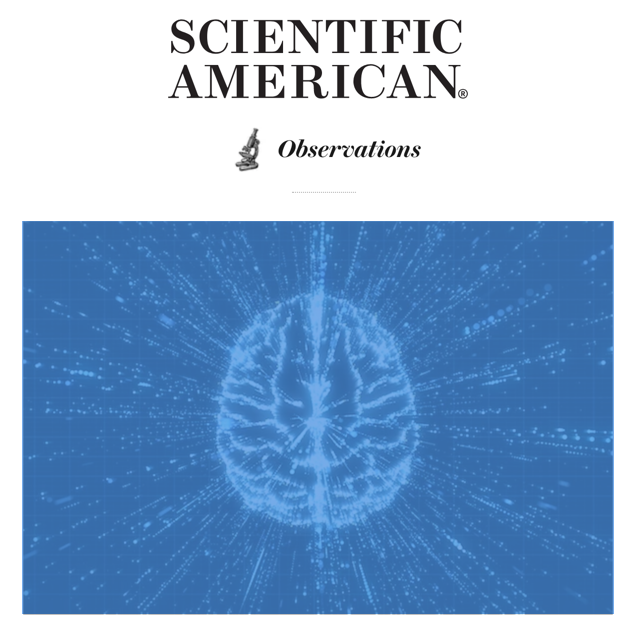From Sensing to Sentience
New podcast appearance
Dr. Todd Feinberg on Bridging the Gaps, conversations with researches, explorers, and thought leaders from around the world.
Hosted by By Dr Waseem Akhtar|February 9th, 2025
2024
From Sensing to Sentience
How Feeling Emerges from the Brain
By Todd E. Feinberg
A new theory of Neurobiological Emergentism that explains how sentience emerges from the brain.
Sentience is the feeling aspect of consciousness. In From Sensing to Sentience, Todd Feinberg develops a new theory called Neurobiological Emergentism (NBE) that integrates biological, neurobiological, evolutionary, and philosophical perspectives to explain how sentience naturally emerges from the brain.
Emergent properties are broadly defined as features of a complex system that are not present in the parts of a system when they are considered in isolation but may emerge as a system feature of those parts and their interactions. Tracing a journey of billions of years of evolution from life to the basic sensing capabilities of single-celled organisms up to the sentience of animals with advanced nervous systems, including all vertebrates (for instance, fish, reptiles, birds, and mammals), arthropods (insects and crabs), and cephalopods (such as the octopus), Feinberg argues that sentience gradually but eventually emerged along diverse evolutionary lines with the evolution of sufficiently neurobiologically complex brains during the Cambrian period over 520 million years ago.
Ultimately, Feinberg argues that viewing sentience as an emergent process can explain both its neurobiological basis as well its perplexing personal nature, thus solving the historical philosophical problem of the apparent “explanatory gap” between the brain and experience.
How Sentience Emerged From the Ancient Mists of Evolution
The evolutionary path of consciousness from sensing to sentience
Read more at Psychology Today, January 29, 2025
From Scientific American, Observations:
Unlocking the "Mystery" of Consciousness
Explaining it requires neither supernatural intervention nor any new fundamental physics
By Todd E. Feinberg, Jon Mallatt on October 17, 2018
The Evolutionary Origins of Consciousness
"The Evolutionary Origins of Consciousness: The ancient beginnings of subjective experience."
In this article (Part 2 of a 5-part blog series on the Evolution of Consciousness published on Psychology Today online), psychiatrist and writer Dr. Ralph Lewis of the University of Toronto reviews The Ancient Origins of Consciousness and Consciousness Demystified by Drs. Feinberg and Mallatt. Dr. Lewis summarizes the biological approach taken in these books to understanding the gradual evolution of central nervous systems and the concomitant evolution of consciousness.
Dr. Lewis describes how that evolution progressed in gradations, from the most elemental forms of primary or sensory consciousness in the first vertebrates in the Cambrian period more than 500 million years ago (as well as. in parallel, in arthropods and cephalopods), through increasingly evolved vertebrates with more complex brains, eventually to humans. Dr. Lewis summarizes Feinberg and Mallatt's approach to understanding the formation of internal representations of increasing complexity, types of awareness (exteroceptive, interoceptive and affective), prerequisites for consciousness (general biological features of all life, basic features of nervous systems, and special neurobiological features), and Feinberg and Mallatt's proposed solutions to the apparent problem of subjectivity and the subjective-objective divide.




